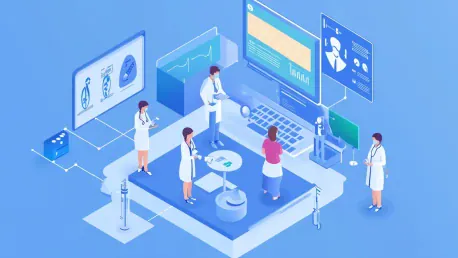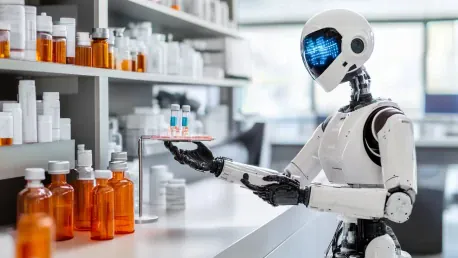
Sphere Fluidics has made strides in biotechnology by unveiling its innovative Cyto-Mine® Chroma at the SLAS2025 International Conference and Exhibition recently held in San Diego, California. This cutting-edge iteration of their well-established Cyto-Mine platform is primed to revolutionize

The transformative impact of technology on public health initiatives and personal health management is undeniable. Advanced tools such as artificial intelligence (AI), big data analytics, wearable devices, and telemedicine are now pivotal in tracking disease outbreaks, personalized health

Precision Medicine (PM), also known as personalized medicine, tailors medical treatments to individual characteristics, specifically focusing on genetic profiles. The intersection of PM and Artificial Intelligence (AI) is accelerating the adoption and effectiveness of precision medicine, addressing

Digital health technologies, including artificial intelligence, analytics, dashboards, web portals, mobile applications, virtual care, and wearables, hold transformative potential for diagnosis, treatment, and care management. However, their successful implementation and uptake in real-world

California, often recognized as a trendsetter in healthcare policy, continues to forge its path with several new laws aimed at improving various aspects of the healthcare system. As the country anticipates shifts in federal healthcare policy under President-elect Donald Trump, California's

The transformative potential of Artificial Intelligence (AI) in the field of therapeutics, particularly drug development, has been a topic of significant excitement and investment. However, despite the enthusiasm, tangible evidence of AI's success in revolutionizing drug development remains